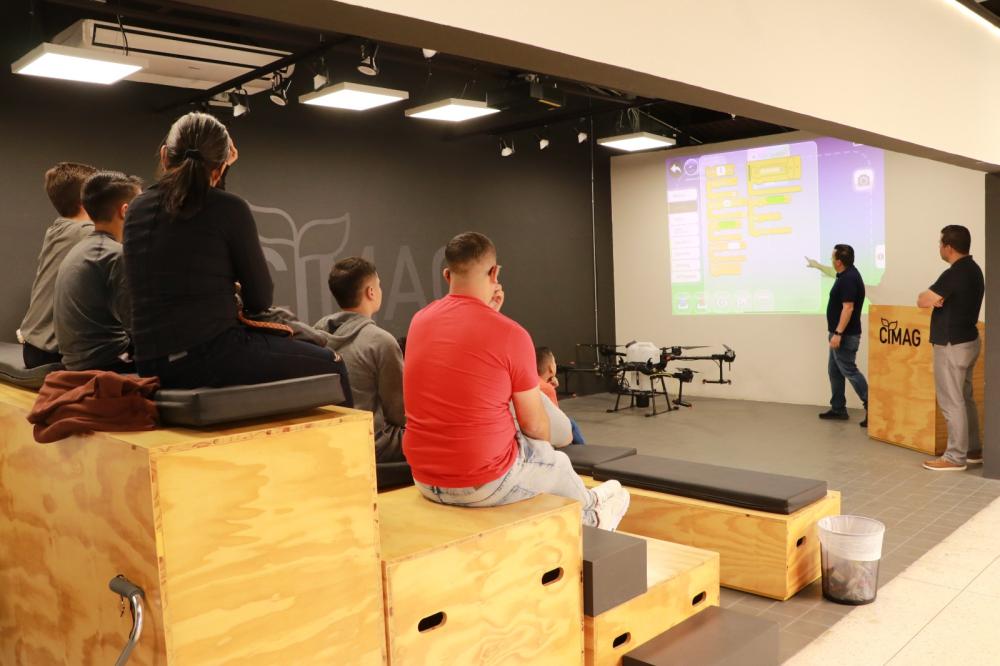Delivered by IICA, the workshop was designed to foster participation and the sharing of ideas among school-age students through “block programming”, a fun and visual way to learn about programming.

San Jose, 27 July 2023 (IICA)- The Ministry of Public Education (MEP) of Costa Rica and the Inter-American Institute for Cooperation on Agriculture (IICA) partnered to deliver a computer programming course to Costa Rican primary school students who form part of MEP’s Unit for Highly Gifted, Talented and Creative Students.
For close to three years, IICA, MEP’s Northern Regional Directorate (which brings together various schools) and its Unit for Highly Gifted Students have engaged in successful collaboration as part of a partnership aimed at fostering logical thinking, problem-solving skills and creativity among school-age children.
The workshop was delivered virtually to ten students from areas far from Costa Rica’s Greater Metropolitan Area who are skilled in critical thinking and have great interest in science, technology, mathematics and the arts.
The training course introduced primary students to basic programming concepts such as sequences, decision structures, loops and events, and provided them with the opportunity to experiment with and apply concepts reviewed through practical examples.
The workshop had a total duration of six hours (three two-hour virtual sessions). The lessons introduced participants to the world of programming in a fun and visual way through “block programming”.
Staff members of IICA’s Information/Communication Technologies and Digital Agriculture Division served as trainers and also led the process to design and organize the course.
IICA information systems specialists Julio Solís and Gian Carlo Corrales explained that the knowledge acquired by students fosters creative thinking, which, when coupled with research and innovation, strengthens children’s problem-solving skills.
“Logical thinking, creativity and teamwork are key skills to drive the creation of digital technological solutions that can be used across all sectors, including agriculture”, said Corrales.
“The knowledge and skills acquired serve as a foundation to foster active participation by youth in agricultural innovation processes, thereby contributing to the well-being of their families, communities and society in general”, commented Solís.
Emmanuel Picado, Manager of IICA’s Information/Communication Technologies and Digital Agriculture Division, explained that “IICA’s Interpretive Center for Tomorrow’s Agriculture (CIMAG) serves as a meeting point aimed at empowering youth by disseminating specialized knowledge and enabling them to interact with innovative technologies”.
In addition to the theoretical sessions, an in-person activity was carried out at the Institute’s headquarters in San Jose to provide students with the opportunity to practice the topics discussed throughout the course.
The session included access to drones, robots and other technologies to enhance the learning process.
“The goal was to provide a comprehensive experience to strengthen learning and foster creativity”, added Picado.
More information:
Institutional Communication Division.
comunicacion.institucional@iica.int











